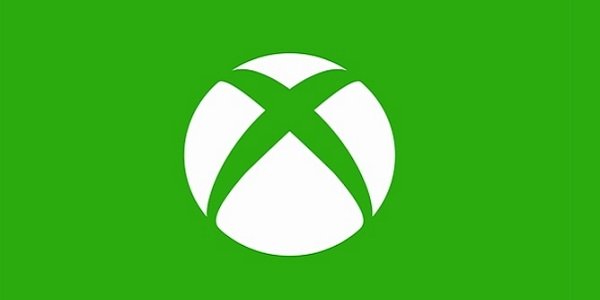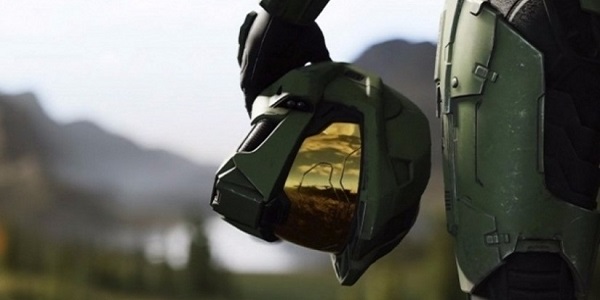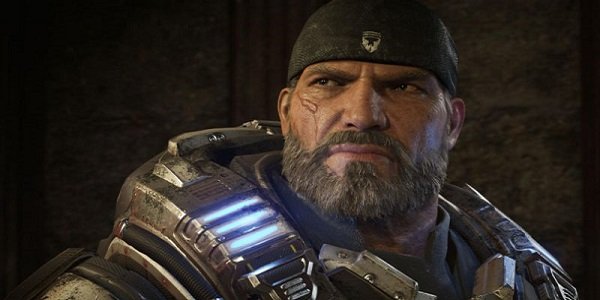Why Xbox Will Be The Console To Beat Next Generation

It seems likely that the next console generation is only a couple of years off and Microsoft has been not-so-quietly setting up the Xbox brand to lead the charge. While the PlayStation 4 has dominated the current games cycle and Nintendo has carved out its own comfortable niche in the market, it looks like Microsoft is aiming to make a big comeback once the new hardware rolls out.
Before anyone starts grabbing pitchforks and torches, I should probably note that I don't expect Microsoft's success to mean the failure of their competition. But there's no denying that the Xbox One fizzled rather quickly, primarily due to a tone-deaf launch and a lack of first party games support. But it appears they've learned from those mistakes and, while those lessons won't be fully applied until the next generation, I expect a revitalized Xbox brand will once again put Microsoft's games hardware back in the spotlight.
There's at least a little historical data to back this up. The PlayStation 2 dominated, creating a cockier version of Sony that absolutely fumbled the launch of the PlayStation 3. In turn, Microsoft became more confident thanks to the success of the Xbox 360, which led to their own blunders once the Xbox One launched. Whether or not Sony's successful run with the PlayStation 4 will lead to a similar downfall remains to be seen but, bare minimum, it's clear that taking some licks has proven beneficial for Microsoft.
In recent years, Microsoft has struggled to bring new and unique games to the Xbox One. That's not to say they haven't had a handful of gems pop up, but it's impossible to compare two or three big titles a year to Sony's insane crop of exclusives. Heck, even Nintendo has been bringing the fire recently, with 2017 proving to be a banner year for the publisher and 2018 (while less impressive) still offering hits on a regular basis.

At E3 2018, Microsoft announced it had acquired a number of noteworthy studios, including Playground Games, Undead Labs, Ninja Theory and Compulsion Games. They've picked up a couple extra studios since then and, as of this writing, are rumored to be closing a deal to nab Obsidian Entertainment. While it's possible those teams will bring something special to the Xbox One before it fades away, my money is on Microsoft enlisting those teams to move full steam ahead on projects for their next console. Why rush a few small games out the door during the current console's twilight when they could instead spend some additional time making killer exclusives to drop during your next machine's launch window?
At the same time, it was recently revealed that Microsoft has folks visiting teams in Japan, likely finding out what the region desires both in terms of hardware and software. Given Microsoft's recent track record, I wouldn't be surprised to learn the company is attempting to pick up another studio or two in the process, too. The Xbox brand has always struggled in Japan, so it makes sense Microsoft would want to give cracking that code at least one more solid try.
And while Microsoft has not been too stellar in the exclusive games department for the Xbox One, I can't overstate how important several of its other initiatives have been for working toward the future of the brand. They've put a lot of time and attention into game streaming, which many expect to be a much bigger part of the next console generation. Their Game Pass program is also pretty fantastic, alongside a surprisingly unwavering dedication to making more and more games backwards compatible. Offering gaming on the Xbox One and PC through a single purchase is another huge benefit, and Microsoft has been a champion of cross-platform gaming.
Your Daily Blend of Entertainment News
They're getting along swimmingly with Nintendo at this point, a relationship that has managed to finally get Sony to open up its own stance on cross-platform play. In fact, I'd say Sony's long-running refusal to let PS4 gamers enjoy Rocket League or Fortnite with friends on other platforms is just one example of what I referenced earlier. Being "king" can lead to some bad business decisions, at least in the eyes of consumers. Being the underdog, on the other hand, typically leads to rebuilding from the ground up while making decisions that cater more to the customers than your own bank account. The result, of course, is that more customers will then flock to your brand and, in turn, throw money at your products.

So it's clear that Microsoft is gearing up for a big run on the next generation, but where does that leave the competition? For starters, there's Nintendo. The Switch is doing dandy and, while it's underpowered compared to the competition, nobody seems to mind when they've got a steady stream of games coming out for their bizarre and brilliant home console/handheld hybrid. Nintendo's success comes in waves and they're currently riding high. The difference here is that their success typically has little to do with the competition. I expect the Switch will keep going strong for quite some time and, while it might lag behind Sony and Microsoft in terms of technology, they're basically playing their own game at this point.
That leaves Sony as the big question mark. The publisher recently announced that they will not host a PlayStation Experience this year, an event where they typically talk about oodles of big games they have on the near horizon. That, to me, says a couple of things. For starters, we're unlikely to get more than a couple big PS4 game announcements out of Sony's studios for the remainder of the console's life cycle. Secondly, while a handful of major games are still expected to launch soon, Sony's reluctance to host a show in December seems to signify that we might not see several of those games until late 2019 at the earliest. If Sony isn't eager to show off Death Stranding, The Last of Us 2, Days Gone, Dreams and Ghost of Tsushima, then they're probably banking on several of those games coming out later than fans are anticipating.
Word started spreading this week that Sony is indeed working on their next console and, while their moves haven't been as visible as Microsoft's in recent years, there's no telling what they've actually got cooking behind the scenes. But while the PlayStation 5 (or whatever they end up calling it) is still a bit of a mystery, it seems clear that Microsoft is openly building toward a brighter future.
Staff Writer for CinemaBlend.

